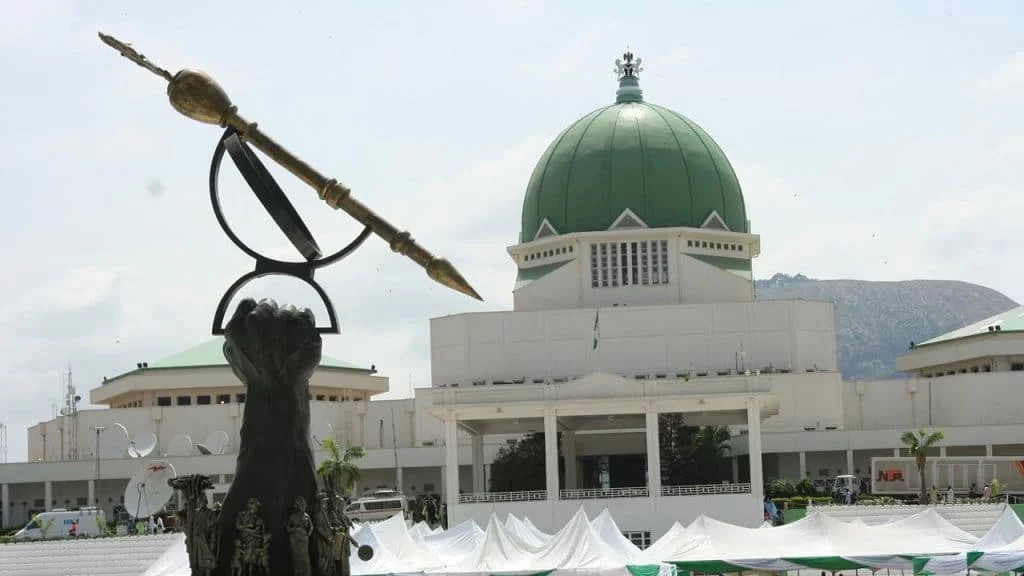
The National Assembly’s Joint Committee on Constitution Review has endorsed the creation of six additional states across Nigeria’s six geopolitical zones — a move expected to reshape the nation’s political and administrative landscape.
The decision, which followed a two-day retreat in Lagos, was jointly presided over by the Deputy Senate President, Barau I. Jibrin, and the Deputy Speaker of the House of Representatives, Benjamin Kalu.
Committee insiders told The Punch that the recommendation was guided by the principles of fairness, regional balance, and equitable representation, in response to persistent calls for inclusion and autonomy by several ethnic groups across the country.
If ratified, the proposal will increase Nigeria’s number of states from 36 to 42 — the first major restructuring of the federation since 1996, when Bayelsa, Ebonyi, Ekiti, Gombe, Nasarawa and Zamfara states were created.
According to the resolution, each geopolitical zone will receive one additional state: North West, North East, North Central, South West, South South, and South East.
Under the new arrangement, the South South and South West will each have seven states, the South East will rise to six, while the North West, North East, and North Central will have eight, seven, and seven respectively.
A subcommittee led by Senator Mohammed Tahir Monguno has been constituted to review all 55 pending requests for state creation and determine the specific areas to be considered.
> “The process will be transparent and guided strictly by constitutional principles and national interest,” a principal officer of the committee said.
Observers say the development could have far-reaching consequences for Nigeria’s governance architecture, resource allocation, and political representation.
Proponents of the plan argue that it would bring governance closer to the people and promote even development. However, critics have raised concerns over the financial burden of sustaining additional states amid the country’s dwindling revenue base.
Despite differing opinions, sources within the committee disclosed that the resolution was adopted unanimously by members from both chambers — an outcome described as “a rare demonstration of national consensus.”
The final report of the constitution review committee is expected to be submitted to the Senate and House of Representatives for consideration and possible adoption in the first week of November.







![[PHOTOS] Muftau Damilola Nafisat Pledges Dedication as New Kwara PDP Director of Women Mobilization](https://newsbulletin.com.ng/wp-content/uploads/2025/10/1761503090789-300x300.jpg)